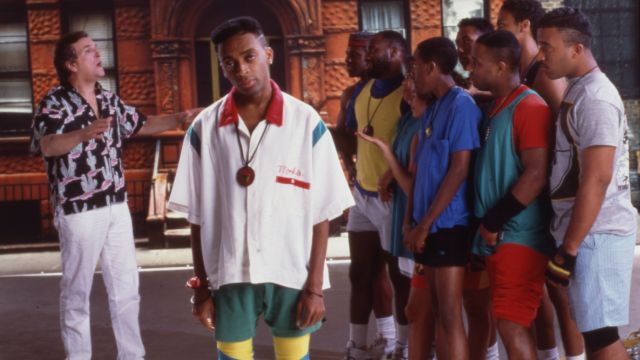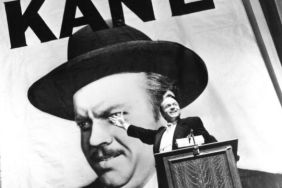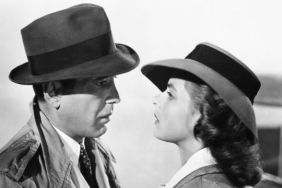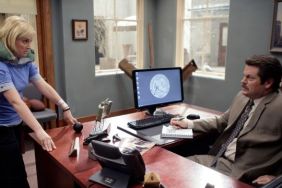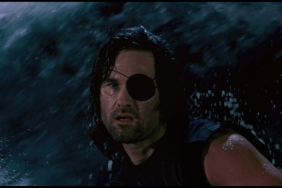Comingsoon.net is looking back on the greatest civil rights films in movie history. Check out our picks in the gallery below.
As human beings, we have the rights to political and social equality and freedom. This is not a political stance—this is a human right, plain and simple. It’s outlined in the Bill of Rights, for starters, but it’s also something that should be considered common sense. No one deserves to be treated as “less than.” One of the best ways to convey this idea is through art. More specifically, through feature film.
Some filmmakers have made it their goal to focus on civil rights throughout their filmography—names like Spike Lee and Ava DuVernay come to mind immediately. This kind of dedication is inspiring, but these filmmakers were just as inspired by earlier films just as up-and-coming filmmakers are inspired by their work.
civil rights films
-
13th (2016)
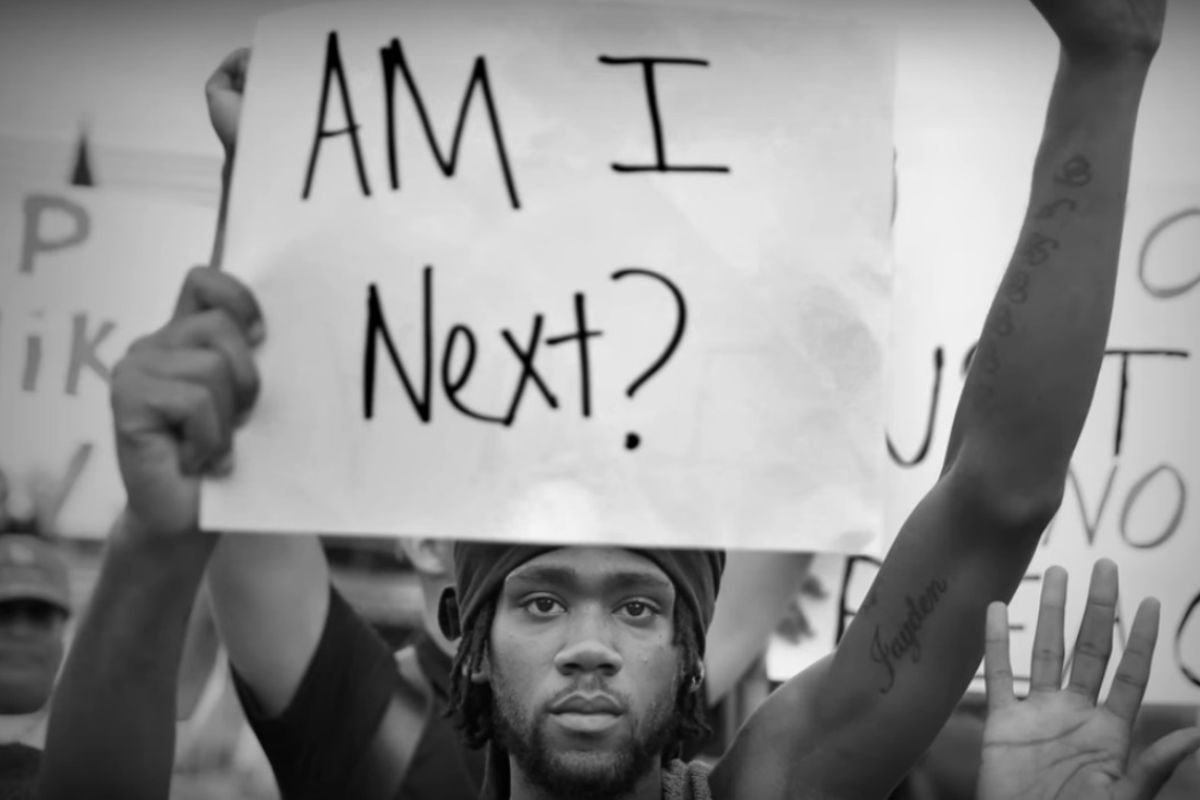
A documentary from Ava DuVernay, 13th differs from every other film on this list by dealing with a pressing civil rights issue facing millions of Americans right this second: mass incarceration. Named after the 13th Amendment to the US Constitution, DuVernay’s nonfiction film is hugely important for today’s world.
-
Do the Right Thing (1989)
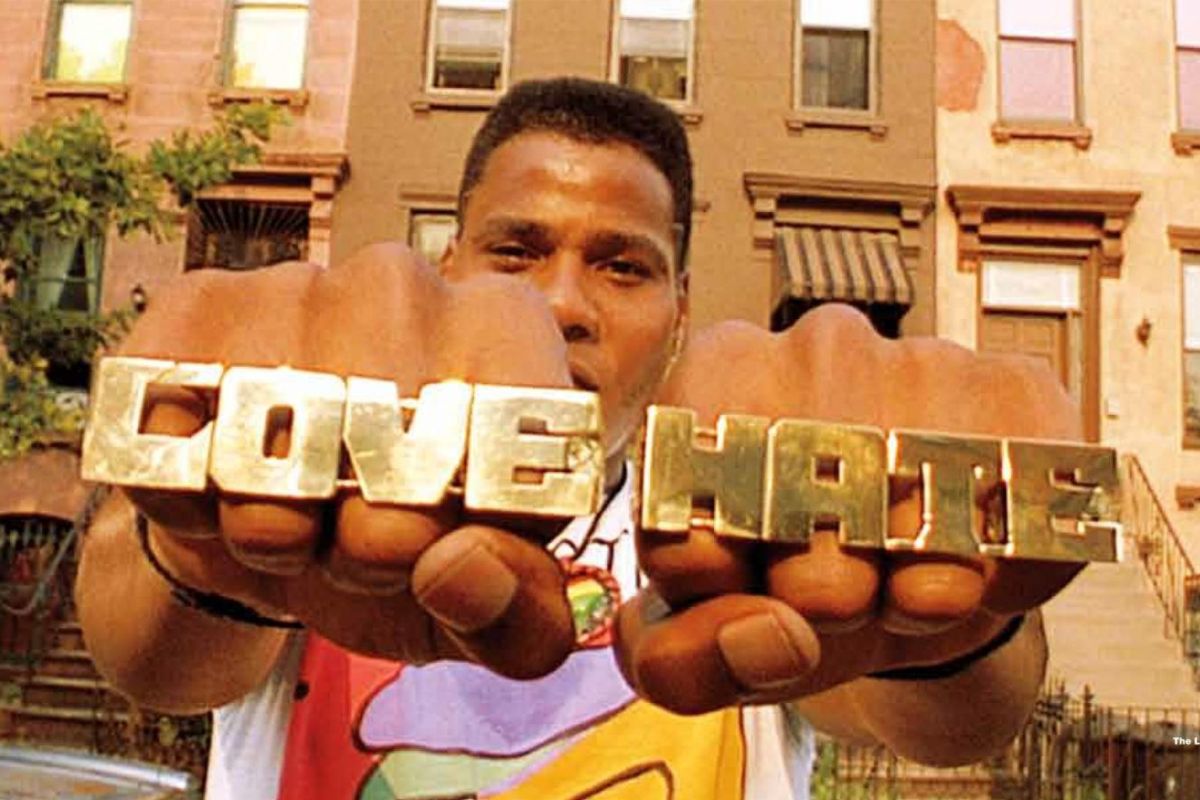
Spike Lee’s seminal civil rights film Do the Right Thing turns 30 this year. It’s still just as relevant today, sadly, with its depictions of heated prejudice and racism ringing true throughout.
-
In the Heat of the Night (1967)
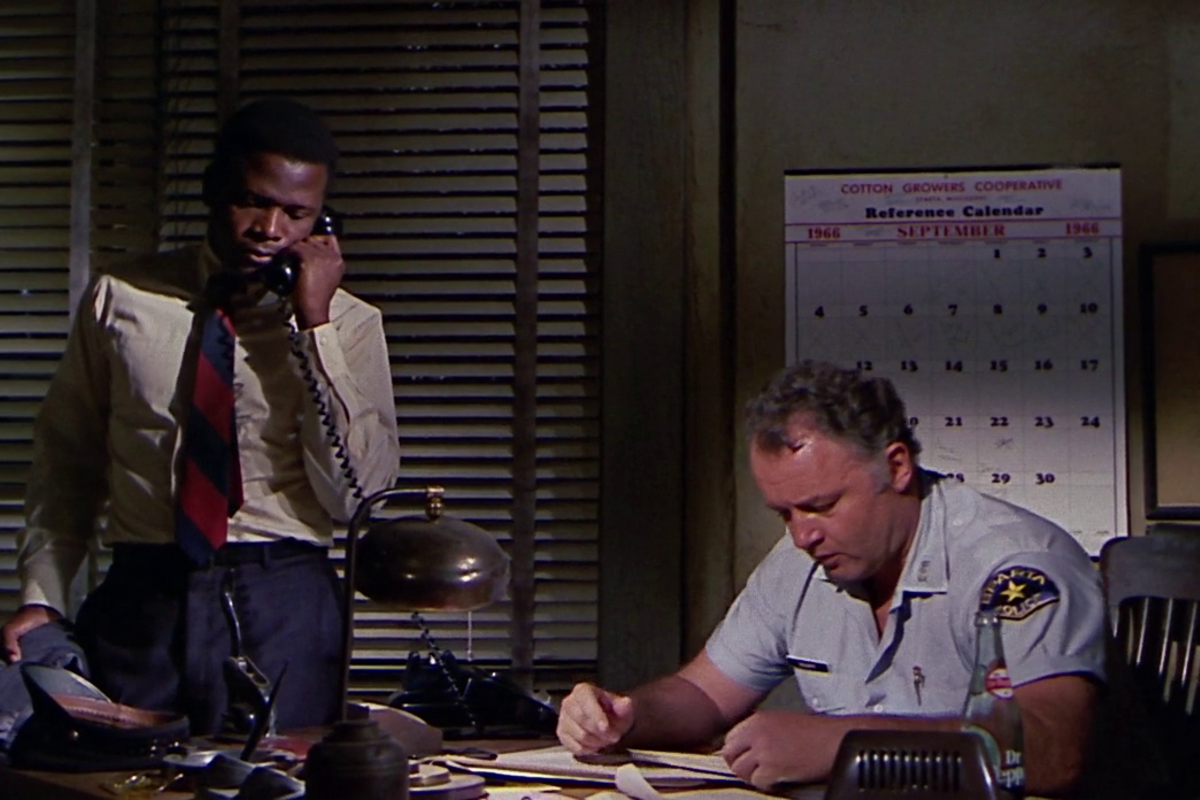
Norman Jewison’s police drama about two cops who must team up on a murder case in a racially-divided Mississippi town. In addition to winning Best Picture, Best Adapted Screenplay, Best Sound, and Best Editing, the film helped to break down racial barriers at an incredibly tense time in the late 60s.
-
Malcolm X (1992)
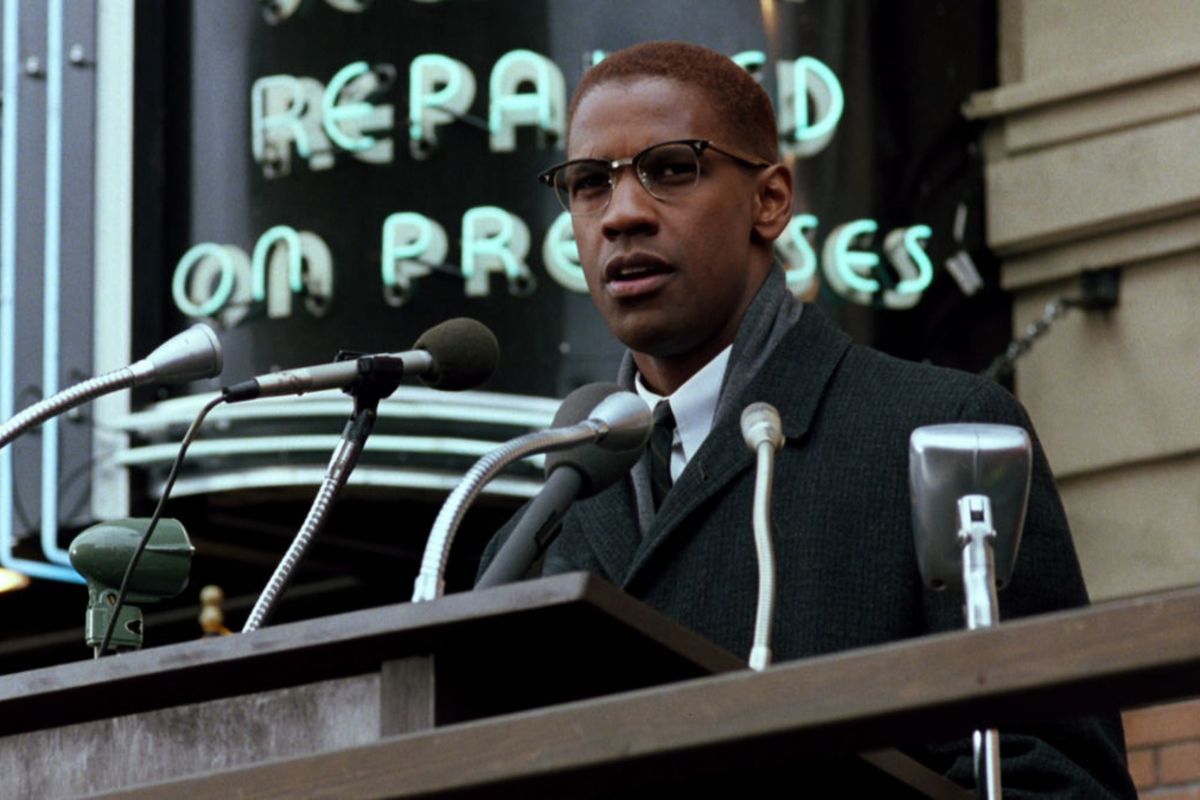
Spike Lee’s civil rights activism didn’t live and die with Do the Right Thing—it’s persisted throughout his filmography, which includes the biopic Malcom X. A controversial figure in the eyes of some, Lee’s Malcom X features Denzel Washington in the performance of a lifetime as the Muslim minister and civil rights leader.
-
Paris is Burning (1990)
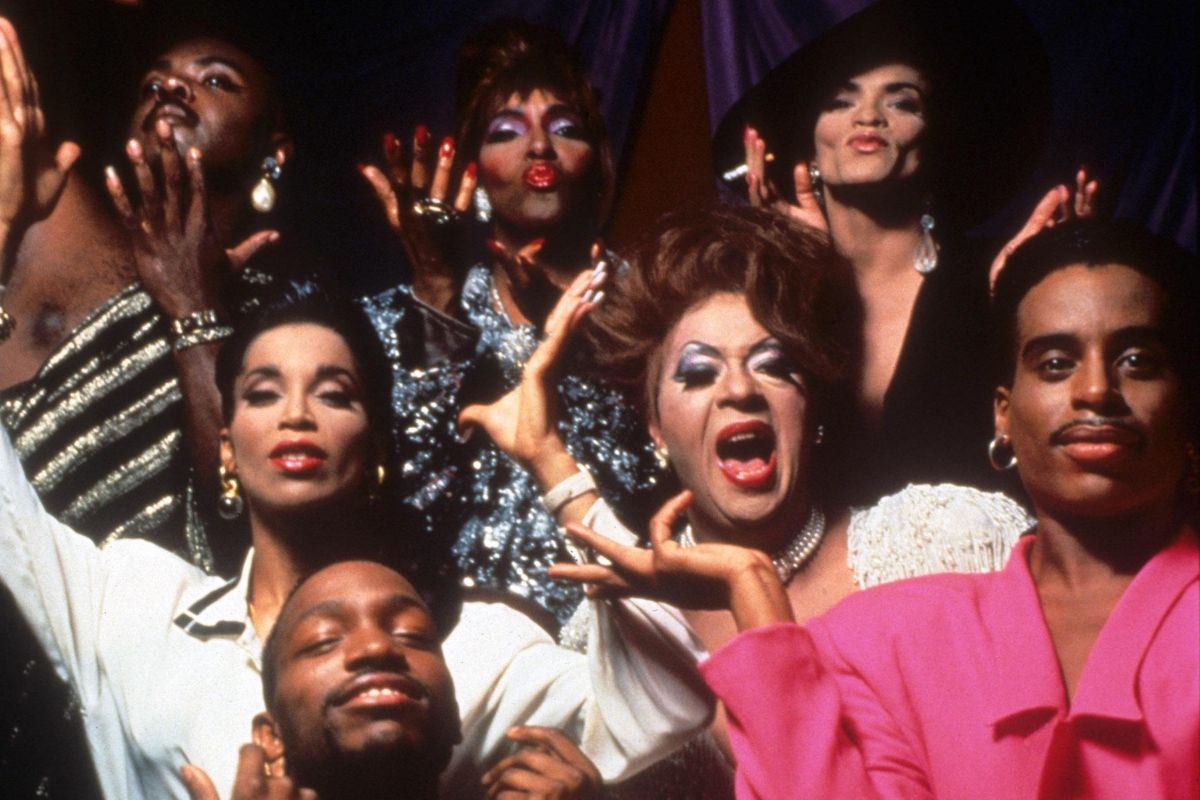
A groundbreaking behind-the-scenes documentary about the world of drag balls in New York, Paris is Burning remains a hugely important piece of nonfiction filmmaking well into the 2010s. The film broke records, showcasing a world many were unfamiliar with in an attempt to help shatter harmful stereotypes.
-
Persepolis (2007)
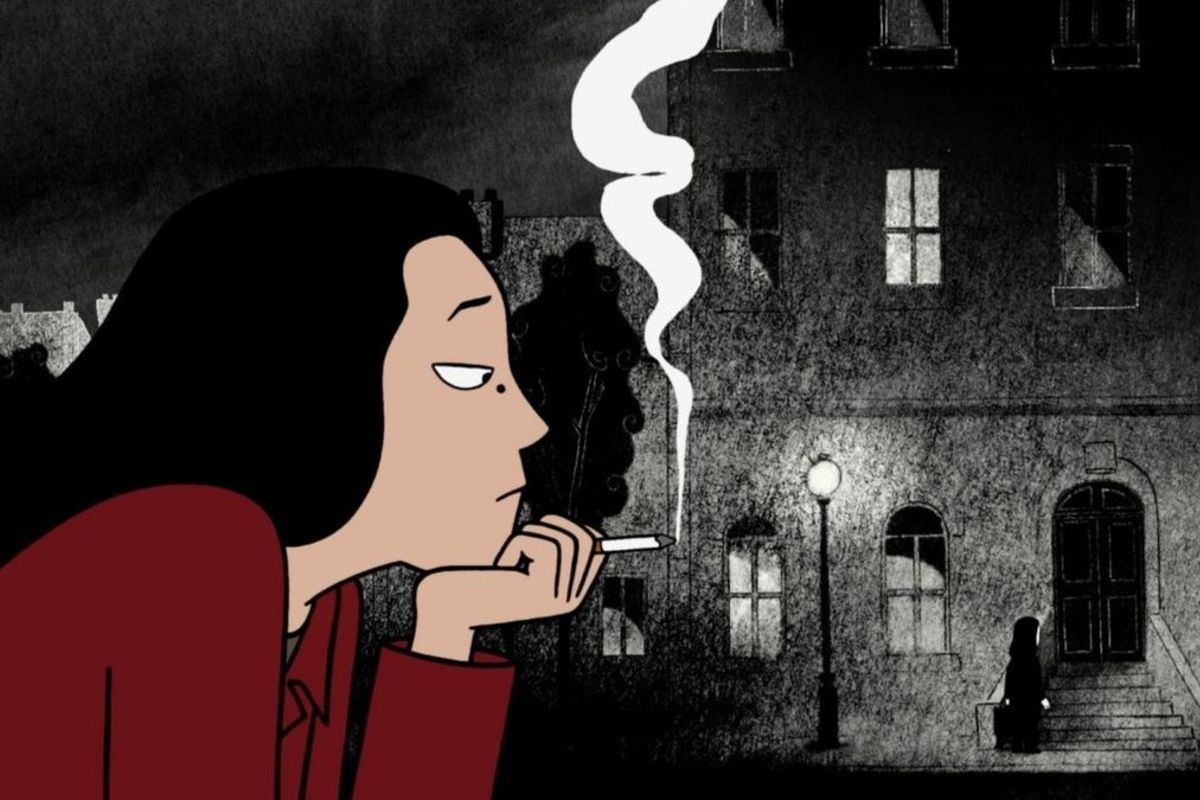
Based on the graphic novel autobiography by Marjane Satrapi, Persepolis tackles the Islamic Revolution through the lens of a coming-of-ace story. It’s something many Americans might not be familiar with, which makes it essential viewing.
-
Philadelphia (1993)
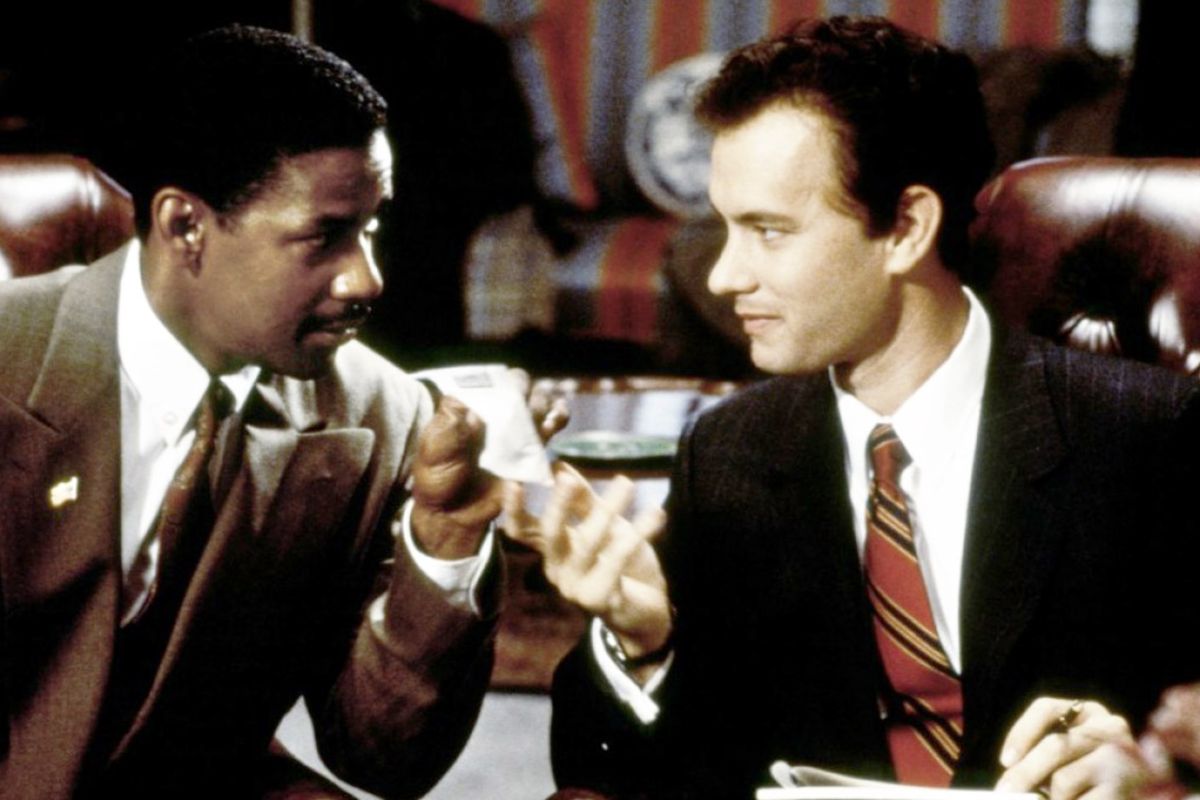
The first major motion picture to tackle the HIV/AIDS crisis, Tom Hanks and Denzel Washington star in Philadelphia as a lawyer fired for having AIDS and the homophobic lawyer he hires to handle his wrongful termination lawsuit. Director Jonathan Demme really changed the world’s attitude with this film.
-
Schindler's List (1993)
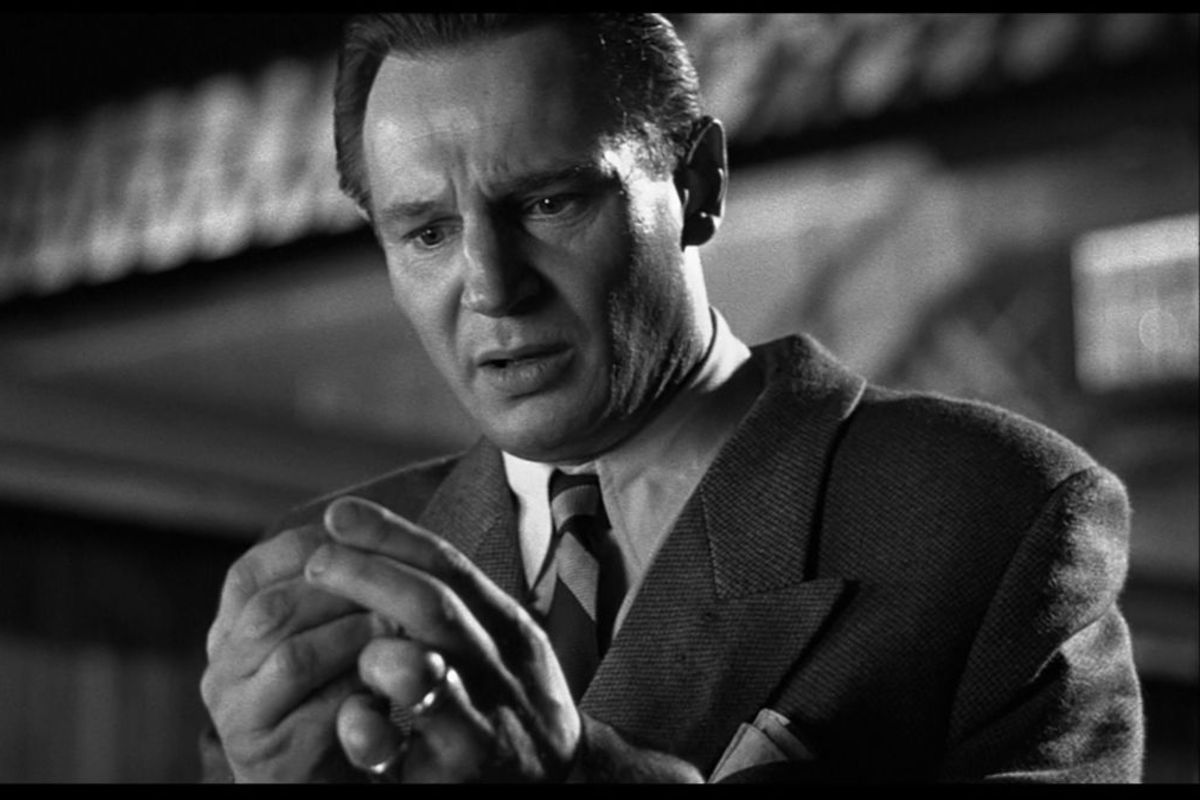
Steven Spielberg’s Schindler’s List is considered by all kinds of people to be one of the greatest films ever made. It follows the struggles of a German businessman who made it his mission to save thousands of Polish-Jewish refugees by employing them in factories throughout World War II.
-
Selma (2014)
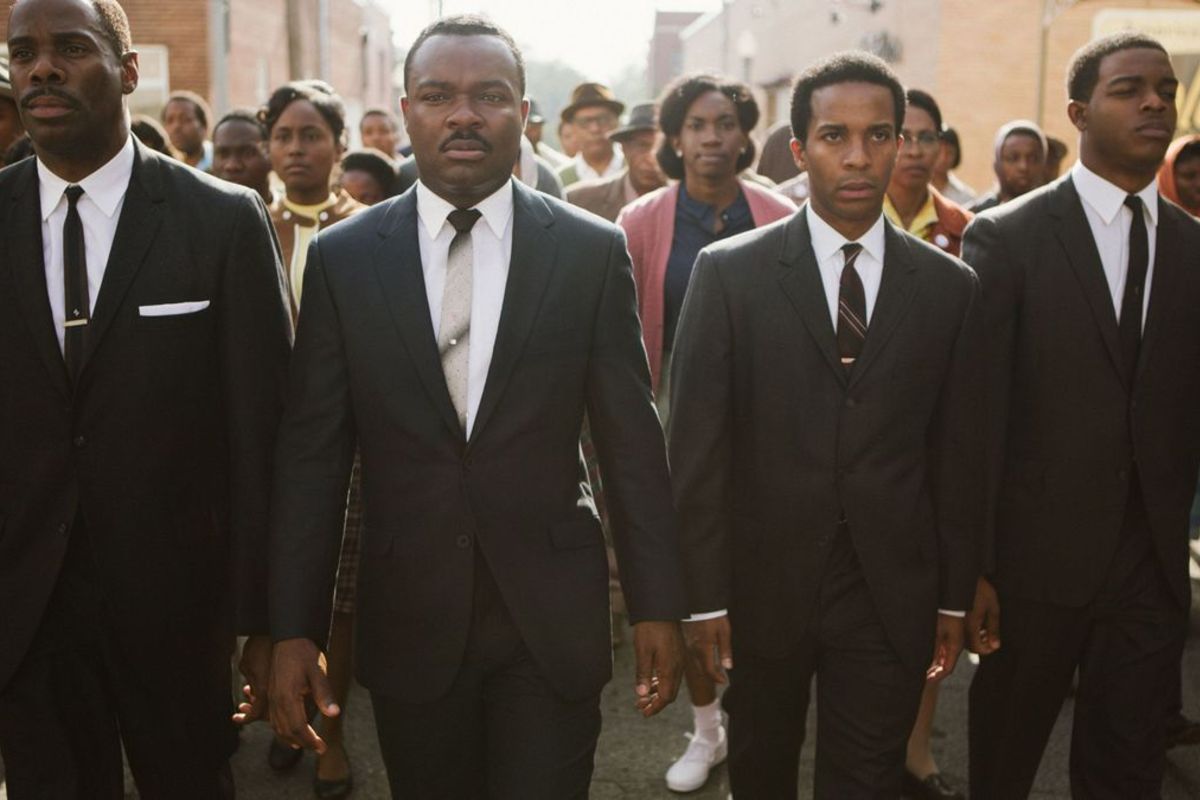
Easily the best film about Martin Luther King, Jr. ever made, Ava DuVernay’s Selma identifies some startling parallels between the fight for equal rights in the 60s and the fight that continues to be fought today. It’s hard to believe that the events depicted were barely more than 50 years ago.
-
To Kill a Mockingbird (1962)
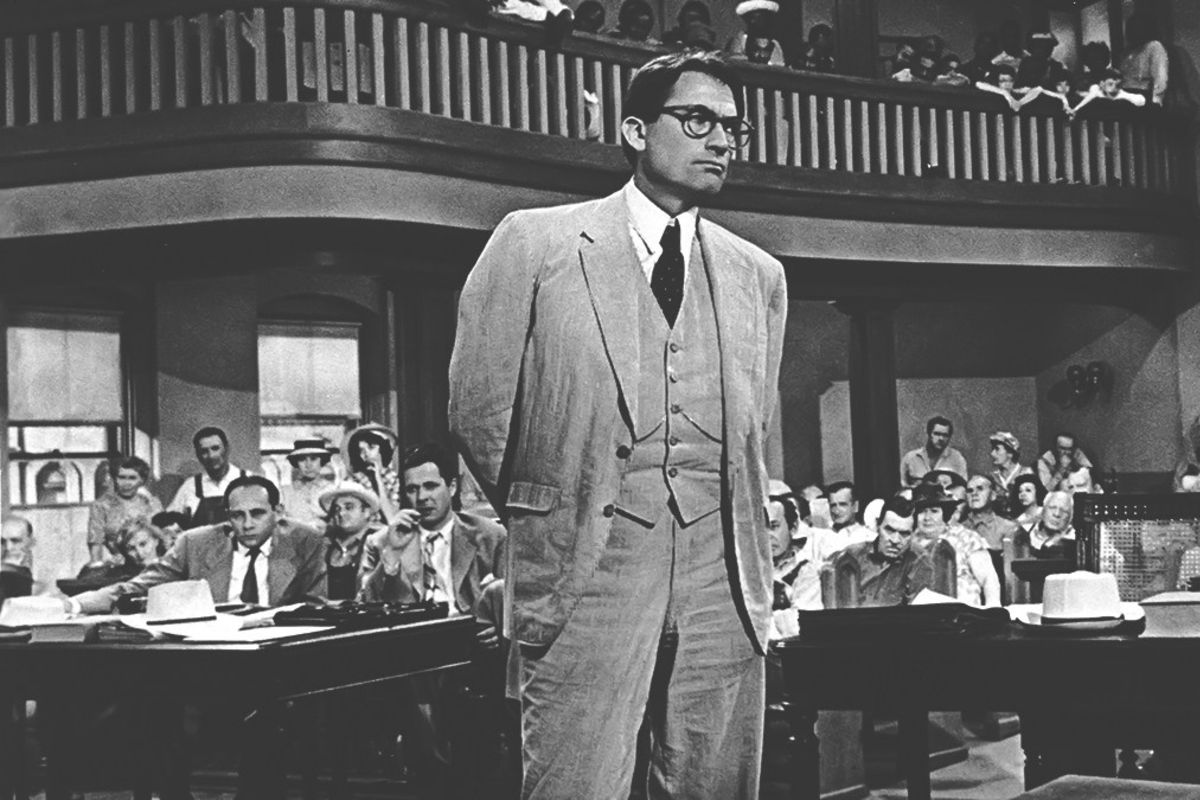
Like In the Heat of the Night, To Kill a Mockingbird is a very important film when it comes to shattering harmful mindsets that existed in 1960s America. Based on the hugely successful novel by Harper Lee, the film follows the trial of an innocent black man wrongly accused of a crime as well as the family of the lawyer defending him.
